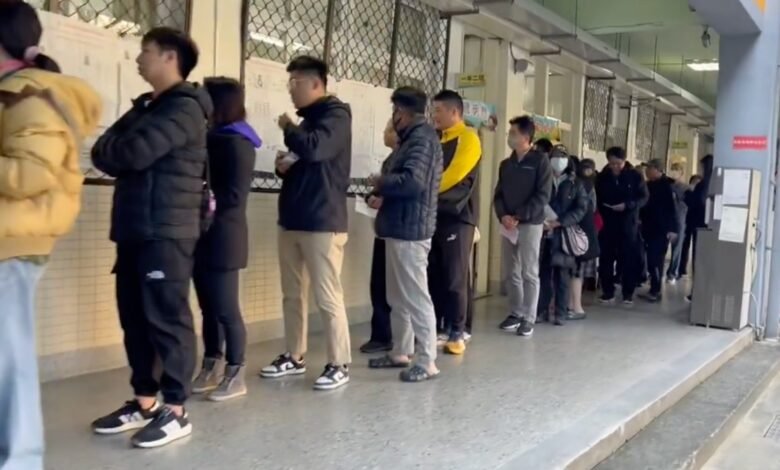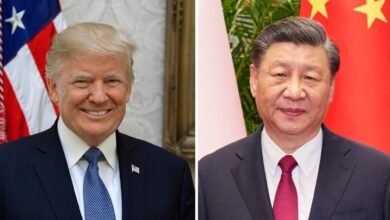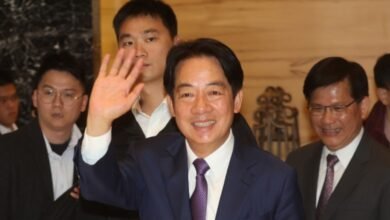Taiwan’s Critical Election: Navigating Geopolitical Tensions Amidst China’s Growing Assertiveness
As Taiwan Chooses a New Leader, Global Eyes Turn to the Island Amid Escalating Cross-Strait Tensions and China's Unyielding Quest for 'Reunification.

Taiwan is on the brink of selecting its new president, attracting global attention this Saturday. Against the backdrop of an increasingly assertive China, which has escalated threats towards the self-ruled island over the past eight years, the focus is not only on the election outcome but also on how Taiwan’s authoritarian neighbour will react. Xi Jinping, China’s influential leader, has declared Taiwan’s unification with the mainland as a “historical inevitability,” even suggesting the use of force if deemed necessary.
The previous change in Taiwan’s government in 2016, with the Democratic Progressive Party (DPP) coming to power, led to Beijing severing most communications with Taipei. Subsequently, China heightened economic, diplomatic, and military pressure, transforming the Taiwan Strait into a major global geopolitical flashpoint. Despite never having controlled Taiwan, the ruling Communist Party considers it part of its territory. Xi, in particular, has emphasized the urgency of achieving “reunification,” aligning the mission with his mid-century goal of “national rejuvenation.”
As the election approaches, cross-strait tensions are at a peak, presenting a challenge to maintaining stability, according to Amanda Hsiao, a senior China analyst for the International Crisis Group. While the likelihood of an immediate conflict is deemed low, the global repercussions of such an event would be substantial, she added.
All three presidential candidates are positioning themselves as the best choice for avoiding potential conflict, pledging to uphold peace and the existing status quo – a sentiment echoed by the majority of Taiwan’s population, as indicated by polls. However, their approaches differ significantly. Current DPP Vice President Lai Ching-te advocates strengthening ties with democratic allies like the United States and Japan, maintaining Taiwan’s de facto sovereign status, a stance considered unacceptable by Beijing.

Hou Yu-ih, from the main opposition party Kuomintang (KMT), prioritizes dialogue and deescalation with China. Ko Wen-je of the Taiwan People’s Party (TPP) calls for a “pragmatic” approach in navigating the US-China rivalry, though specifics remain unclear.
The potential response from Beijing may hinge on the election results, but experts anticipate heightened tension regardless of the victor, as China’s “reunification” plan faces strong opposition from the majority of Taiwan’s 24 million inhabitants. In addition to concerns about Beijing, voters are expected to consider livelihood issues such as low wages, high property prices, and Taiwan’s gradually expanding economy when making their choices.







